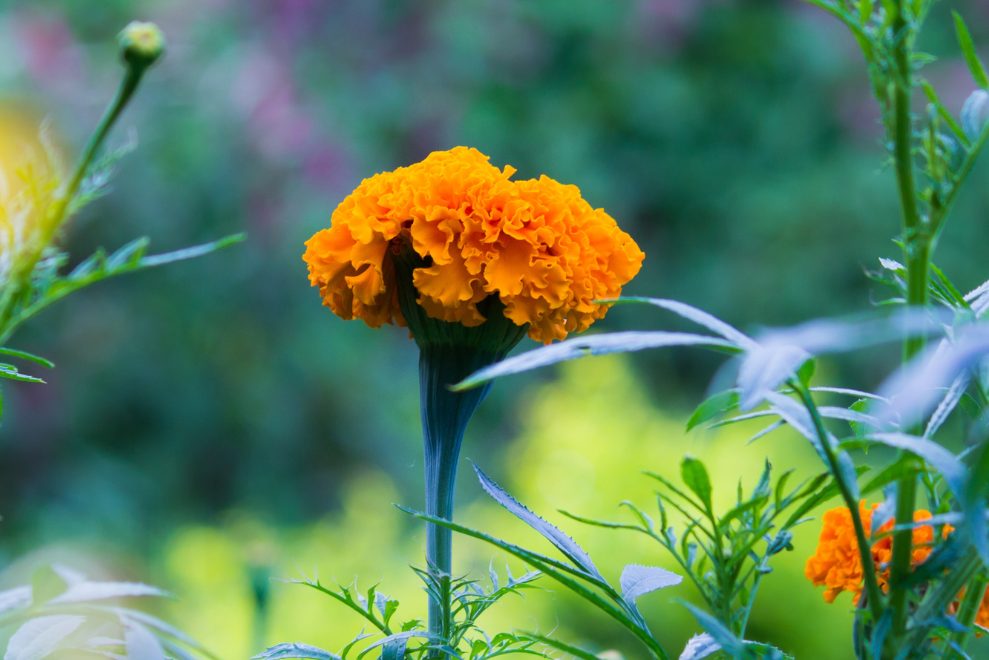Last month we started a new feature about how things are changing in how we garden nowadays and what developments are appearing to make gardening easier and enrich our gardening experiences.
This month let’s take a look at the flower garden.
We are all aware now of global warming and the need for sustainability, hence there has been a move over the last few years to increase the number of perennials in our gardens, which flower year after year and therefore use less of the planet’s resources compared with annuals, which use more energy being produced each year.
Its probable though that there will always be a place for our favourite annual flowers even if they become confined to small borders or in containers on the patio.
Most people are now aware of ‘Surfinia’ petunias, now so popular in our hanging baskets.
These revolutionised our gardens and every year seems to bring a new colour!
Let’s just take a look at a couple more examples of the benefits of plant breeding to help the home gardener:
Marigold Zenith series – these are a cross between a large flowered ‘African’ marigold and its smaller flowered relative the ‘French’ type. This results in a flower somewhere in size between the two.
But that’s not the key feature! These plants do not produce seeds. So what? Well the plants will continue to try and procreate and so continue to flower with vigour right through to the first frosts!
The benefit to gardeners? Well most would say that ‘dead-heading’ is one of their biggest chores! With this new type – no need! It just produces new flowers to cover the decaying ones right through to the first frosts!
The second example is about breeding for disease resistance. Some years ago, Impatiens (Busy Lizzie) disappeared for a number of years due to the fungal disease of Downy Mildew which decimated plants, leaving a ‘gooey mess’. Many people just stopped growing them.
Enter then the flower breeders who eventually managed to breed resistant types. Look for the variety ‘Beacon’ which has this protection.
Next Month:
What’s new in our March vegetable gardens


